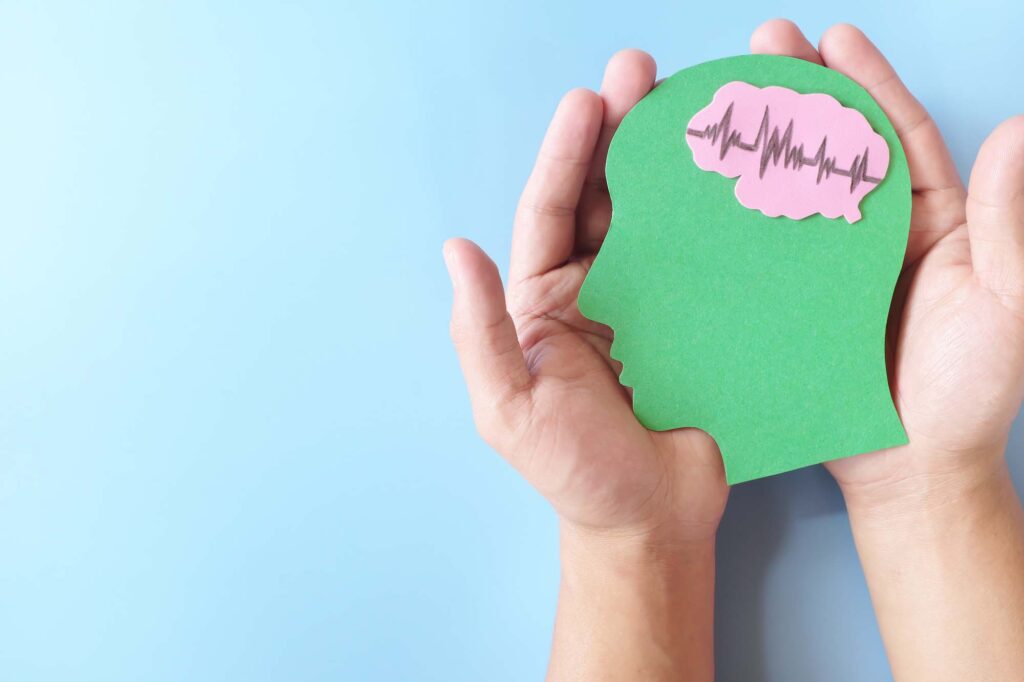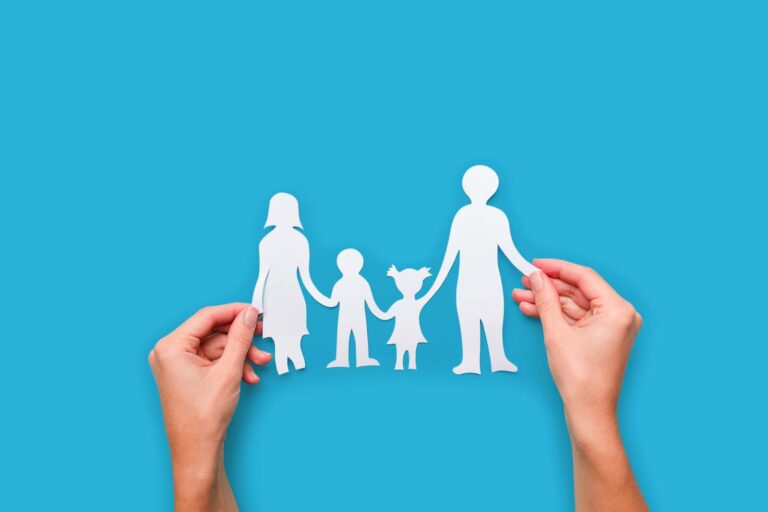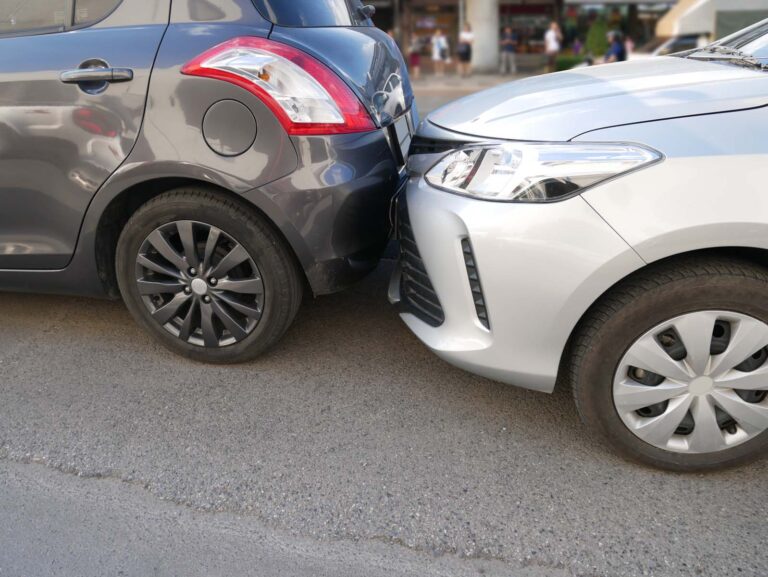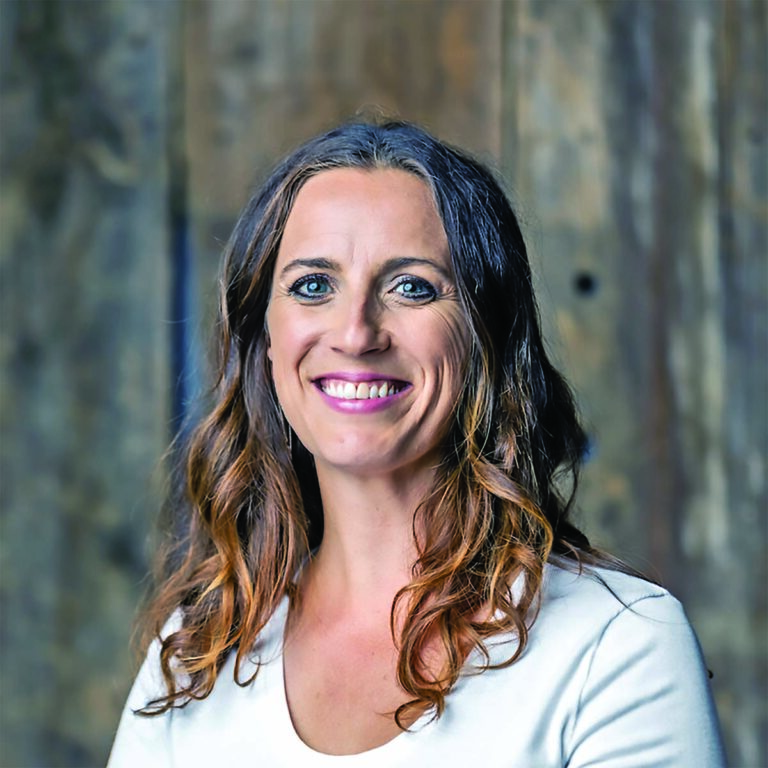I was so excited when my little cousins were born. I remember holding my baby cousin, fully supervised of course and marveling at how beautiful she was. At the time, my aunt and uncle lived in an old home that my uncle was gradually remodeling himself. I remember, as I sat there holding her, that there was tension between them about raising babies in a partially finished home.
My cousins grew as babies do, and I loved teasing Peter (much to his dismay) and “babysitting” Anne. As they grew, so too did the tension between my aunt and uncle. Before long, they both seemed to be growing in different directions, and their personalities appeared to shift. My aunt became more extroverted and outgoing, and even as a kid I noticed a change in her appearance. My uncle became moodier, grumpier and more isolated.
I then remember learning about my aunt and cousins moving out of the still-unfinished house and feeling baffled by it. My child’s mind just didn’t comprehend what was happening. The only explanation I recall receiving that made sense to me was that she didn’t like how he was talking to the kids, so she and the kids had to move out. I didn’t fully understand what the dissolution of a marriage and family really means, and I definitely didn’t understand the danger that might lurk when someone with untreated mental illness watches their life fall apart.
My aunt took critical steps to protect and care for her children, such as moving out and then introducing them to therapy. She also made some choices that are easy to judge, such as starting an intimate relationship with her kids’ therapist. In hindsight, I believe both my aunt and my uncle were both struggling with their mental wellbeing; it just looked different for each of them.
I still don’t know for sure how my uncle discovered the relationship between my aunt and the therapist. But I do know that one cold evening in November, he drove over to her place with a gun and took their lives. Peter somehow knew to hide in the closet with Anne, and they listened from upstairs. Then my uncle drove out to a rural farm and ended his own life.
I will never forget overhearing how the police described finding my cousins. They were waiting for their mom to wake up and wanted to be right beside her when she did.
At the time, Peter and Anne were around 7 and 3 years old. Per my aunt’s wishes, they came to live with my family. Our extended family was destroyed, and yet I was embracing having two unexpected siblings — until the decision was made to move them in with my other aunt to prevent a custody dispute with their paternal grandparents. Less than a year after the initial wreckage, I was again forced to watch as my family was restructured against my will.
My family will never be the same, and yet we are not unique. Mental illness, interpersonal violence, suicide and homicide intersect all too frequently — if you don’t believe me, just scroll through Netflix. The impacts ripple outward and affect so much more than the initial people. For my family, we’ve each been healing in our own way over the years since the events of that day.
In my experience, the best way to heal has been through connection — whether it’s with a mental health professional, a peer support group or a trusted person. Healing means finding purpose after trauma—turning grief into action by raising awareness and reducing stigma around mental health. Support is available, and we have to be willing to be both brave and vulnerable to reach out for it.
Interestingly, connection is both the treatment and the prevention. So, the next time you notice someone’s behavior changing, reach out and ask how they’re doing. You never know what such a small act of kindness can do to help.
If you or someone you know is struggling, call or text 988 or contact Colorado Crisis Services at 1-844-493-8255 for 24/7 support. Visit Jefferson Center’s website for more information and resources, and for more information on domestic abuse, visit PorchLight. We all have value; we all belong here — including you.
Did you know Jefferson County has a Suicide Prevention Coalition of Jefferson, Clear Creek and Gilpin Counties? Contact Rebecca Mitchell: [email protected] for more information on how to participate in or contribute to community prevention efforts.






